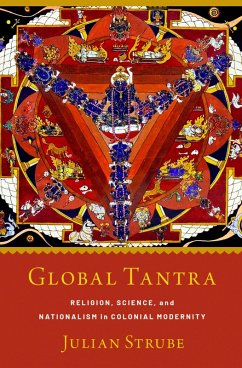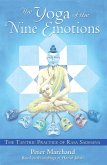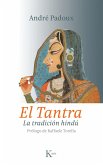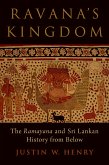Tantra has formed an integral part of Asian religious history for centuries, but since "Arthur Avalon" introduced the concept to a global readership in the early twentieth century, Tantric traditions have exploded in popularity. While it was long believed that Sir John Woodroffe stood behind Avalon, it was in fact mainly a collaboration between learned South Asians. Julian Strube considers Tantra from the Indian perspective, offering rare insight into the active roles that Indians have played in its globalization and re-negotiation in local Indian contexts. In the early twentieth century, Avalon's publications were crucial to Tantra's visibility in academia and the recognition of Tantra's vital role in South Asian culture. South Asian religious, social, and political life is inexorably intertwined with various Tantric scriptures and traditions, especially in Shaiva and Shakta contexts. In Bengal, Tantra was central to cultural dynamics including Vaishnava and Muslim currents, as well as universalist tendencies incorporating Christianity and esoteric movements such as New Thought, Spiritualism, and Theosophy.
Global Tantra contextualizes struggles about orthodoxy and reform in Bengal, and explores the global connections that shaped them. The study elides boundaries between academic disciplines as well as historical and regional contexts, providing insights into global debates about religion, science, esotericism, race, and national identity.
Dieser Download kann aus rechtlichen Gründen nur mit Rechnungsadresse in A, B, BG, CY, CZ, D, DK, EW, E, FIN, F, GR, HR, H, IRL, I, LT, L, LR, M, NL, PL, P, R, S, SLO, SK ausgeliefert werden.









